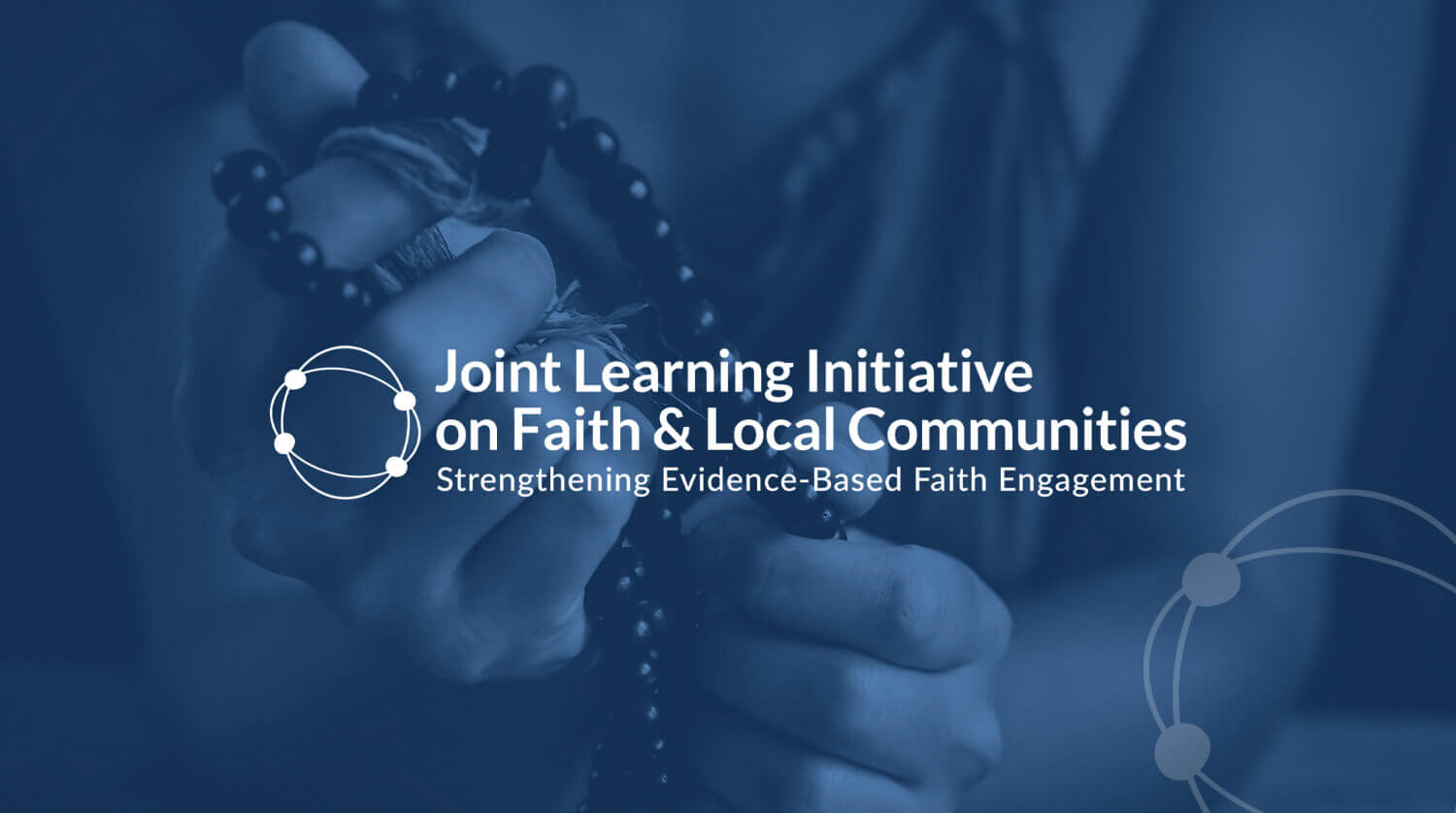A News Post from Religions for Peace:
At the invitation of His Majesty King Mohammed VI, 250 of the world’s eminent Islamic leaders convened to discuss the rights of religious minorities and the obligation to protect them in Muslim majority states.
This position has historic roots dating to the time of Prophet Mohammed and the Medina Charter. Today’s Declaration was issued at a time of heightened social hostility fueled by violent extremism, widespread Islamophobia and the denial of rights, sometimes justified by misrepresentations of Islamic teachings.

Shaykh Abdullah bin Bayyah, President, Forum for Promoting Peace and Co-Moderator, Religions for Peace, addressing the gathering
The conference was organized by the Moroccan Ministry of Religious Endowments and Islamic Affairs and the Forum for Promoting Peace in Muslim Societies based in Abu Dhabi. His Eminence Shaykh Abdullah bin Bayyah, the President of the Forum for Promoting Peace and Co-Moderator of Religions for Peace (RfP), offered the keynote address that set the framework for deliberation among the Islamic leaders. Fifty senior leaders from the world’s diverse religious traditions other than Islam were invited as observers of the Islamic deliberations.
A summary of the Marrakesh Declaration includes:
- “The objectives of the Charter of Medina provide a suitable framework for national constitutions in countries with Muslim majorities, and are in harmony with the United Nations Charter and related documents, such as the Universal Declaration of Human Rights.”
- “Affirm[s] that it is impermissible to employ religion for the purpose of detracting from the rights of religious minorities in Muslim countries.”
- “Call[s] upon representatives of the various religions, sects and denominations to confront all forms of religious bigotry, vilification and denigration of what people hold sacred, as well as all words that promote hatred and racism.”
The fifty religious leaders other than Muslims:
- Expressed their gratitude to the Islamic leaders for their unflinching courage and devotion to their tradition and for welcoming non-Muslims among them as observers;
- Affirmed values shared with the Islamic leaders;
- Asked forgiveness for past and current injuries for which their communities are complicit;
- Shared particular concerns over violence in the name of religion, limitations of citizenship, restrictions on freedom of religion or belief, and xenophobia, especially Islamophobia;
- Committed to follow-up work in solidarity with Muslim brothers and sisters to build a culture of peace; and,
- Respectfully expressed the hope that this convening of Islamic leaders will be continued by future regional conferences.
Every attack, every hate crime, every insult, every humiliation is amplified in the media and sends out a polarizing wave, fueling the rise in hostility. Only religious communities cooperating —standing shoulder-to-shoulder in solidarity — can transform this vicious cycle into a virtuous one, in which the good deeds of each community call out to and reinforce the good deeds of the others.






